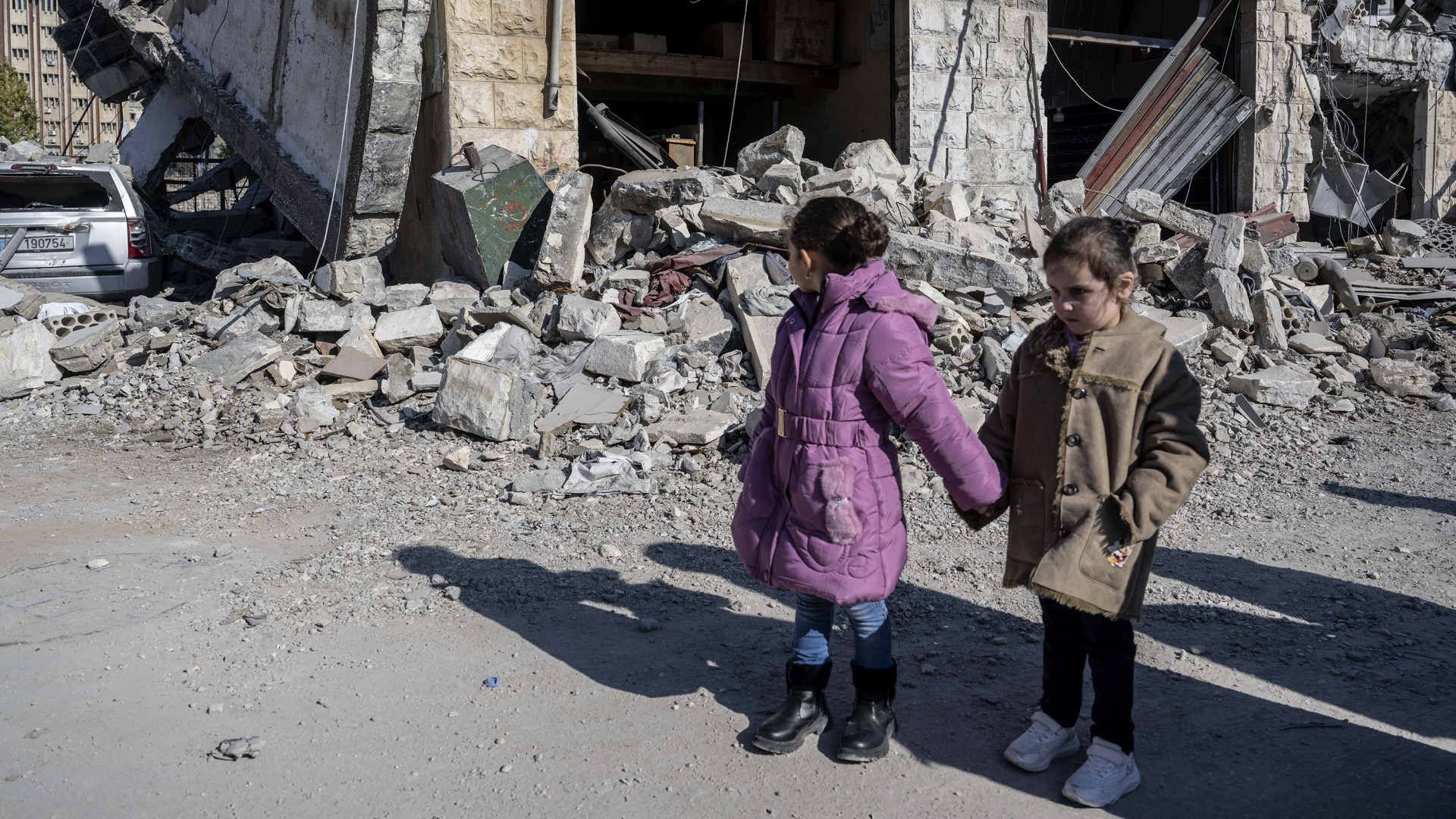In early October, in a Christian village in southern Lebanon, “Samira” (we’re using pseudonyms due to the political situation) decided to water her lemon trees. The autumn winds were dry this season. Rain was less frequent. The frail, hunched-over grandmother filled her bucket and went outside.
Samira’s husband had died two years earlier. Her children had long ago moved away, seeking better opportunities in Beirut, but her daughter owned the house next door and made frequent trips back, recently refurnishing the interior with modern decor. Samira loved the home’s colorful bedspreads in the rooms where her great-grandchildren often stayed.
But such visits were infrequent these days. A year earlier, Hezbollah had entered the Israel-Hamas war in Gaza by shooting missiles into Israel. Israel had pushed back, and the exchange of fire between the Shiite militia and Israel drove thousands from their homes on both sides of the border. And in late September, Israel increased its bombing campaign against suspected Hezbollah sites throughout the country. Nevertheless, Samira had remained, adamant that her Christian village was not a target.
Samira had just begun watering her lemon trees when everything went black. A thunderous peal roared through the village and a blunt force of air shoved her backward. An Israeli rocket had struck a home three houses down. A Shiite family from a neighboring village had rented the vacant house only a few days prior.
When she came to her senses, Samira wiped away the dirt that covered her face. The tree had shielded her from the worst of the blow, and she stumbled back inside over glass shards from her broken windows. She struggled to breathe.
Through a cracked and fallen mirror, Samira realized that white dust coated her head to foot. The impact had knocked her curtains onto the floor and blown her cabinets off the walls, spilling their contents everywhere. After locating a bag of medicine, she went next door. Her son-in-law was in town, unhurt—but the attack had also badly damaged the home. She has since relocated to Beirut.
Meanwhile, the displacement of Shiites from the south has led to interactions that have astounded many Lebanese Christians. “Janette,” a Christian medical professional, visited a government shelter at the public school across from her home in Beirut. The groundskeeper motioned her toward a middle-aged mother wearing a black chador whose husband had just died in the war. Janette approached to offer her condolences but was immediately rebuffed.
“Do not console me—congratulate me,” the widow replied. “My husband is now in heaven, a martyr for his faith. If only my son will be similarly blessed.”
Janette staggered but recovered from her shock to politely end the exchange. She had Muslim friends, including Shiites, in her middle-class and largely secular social circle. Though aware of Hezbollah’s convictions, she had never heard anyone talk this way before. “We have completely different mindsets,” she said. “How can we share a country together?”
Before France assumed mandatory authority over Lebanon after World War I, the Ottoman Empire controlled the area, which was sometimes considered part of Syria. Since Lebanon gained its independence in 1943, the country has navigated civil war and sectarian politics as it managed its religious diversity in pursuit of national identity.
Next on the agenda is the election of a president by the national parliament. By political custom, the head of state must be a Maronite Christian, but Hezbollah-aligned parties have kept the position vacant for over two years, insisting on a candidate agreeable to their agenda. The next parliamentary vote—several have failed previously—is scheduled for January 9.













